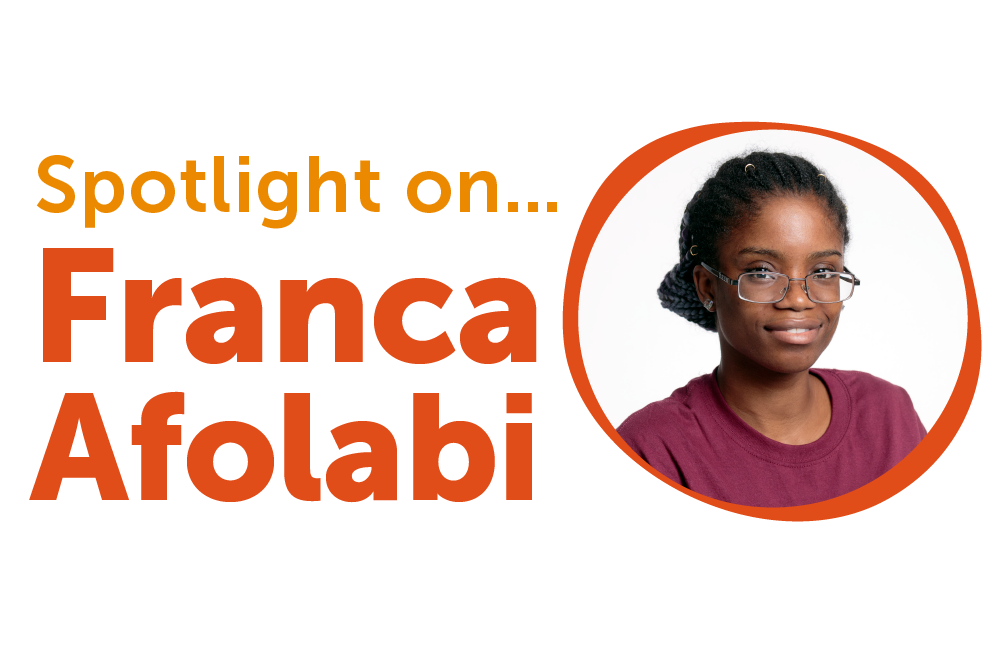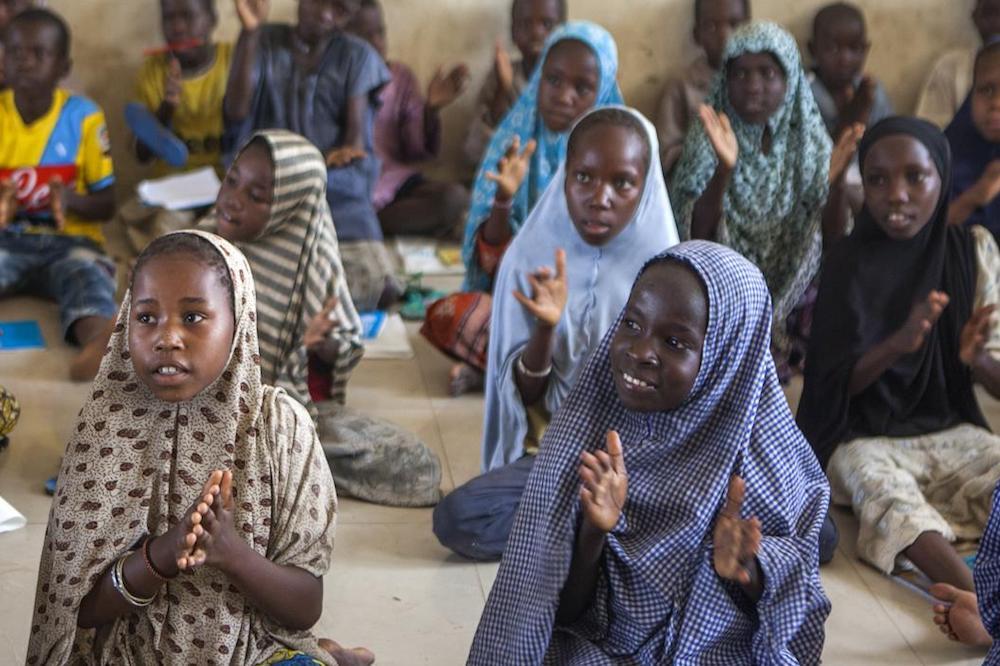
School books campaign to protect Ugandan children from trafficking and labour
Child labour
Ugandan children with Books For Africa founder Tom Warth at a rural school supported by the US Peace Corps in Kaliro Picture: Facebook/Books for Africa
In a remote corner of Uganda a team of American volunteers are distributing books to children.
But this is no ordinary literacy drive – their aim is to protect children at risk of being trafficked into prostitution, forced labour and even for use in sacrifices.
Their work is part of a project by the interior ministry’s anti-human trafficking task force to reach out to poor communities vulnerable to child trafficking by promoting literacy.
Children in Uganda are trafficked and forced to work in cattle herding, stone quarrying and brick making. Girls and boys are lured from poor families in rural areas to the city and exploited in prostitution or abducted to fight in rebel ranks, said Agnes Igoye, deputy national coordinator of the task force.
Another abuse plaguing Uganda is the trafficking of children for sacrifice in rituals some Ugandans think bring wealth and power. Children are also trafficked abroad for adoption, domestic work or sexual exploitation.
The distribution of books, supported by the US-based charity Books for Africa, is a strategy of “prevention is better than cure”, she said.
The task of protecting children is made harder by the high levels of deprivation in the east African country.
Students at a secondary school in a suburb of the capital Kampala
A quarter of Ugandan children under five live in extreme poverty, according to a 2014 UNICEF report.
Igoye said the task force was also turning to community theatre performance and documentary film to raise awareness about the dangers of child trafficking.
“We want to raise awareness of the solutions, to protect victims and diminish demand,” she told the Thomson Reuters Foundation.
The performances are aimed at the public, and also police and immigration officers, as well as teachers, doctors and social workers whose work brings them into contact with trafficking victims and potential victims of trafficking.
Igoye said the project aimed to challenge misperceptions about child trafficking that can lead to missed opportunities to identify victims.
“These include labeling victims as criminals for engaging in prostitution, breaking immigration laws or taking part in petty theft,” she said. “It will also question and bring to light practices such as child marriage, domestic servitude which are culturally acceptable in some communities.”
The project highlights other invisible methods of victim control such as psychological coercion, withholding of travel documents and wages, threats of harm, witchcraft and debt bondage.
The Thomson Reuters Foundation, the charitable arm of Thomson Reuters, covers humanitarian news, women’s rights, corruption and climate change.
More news

